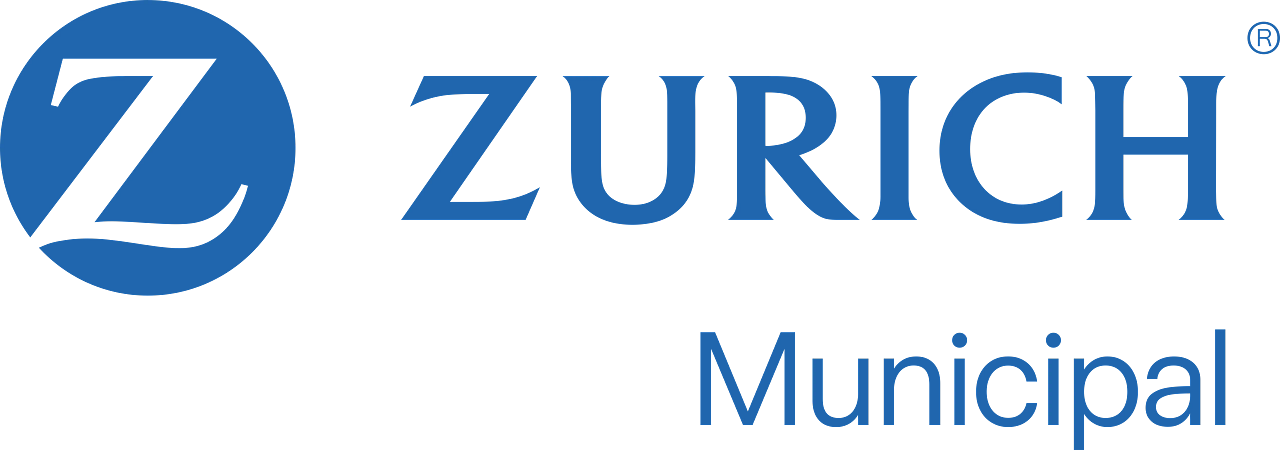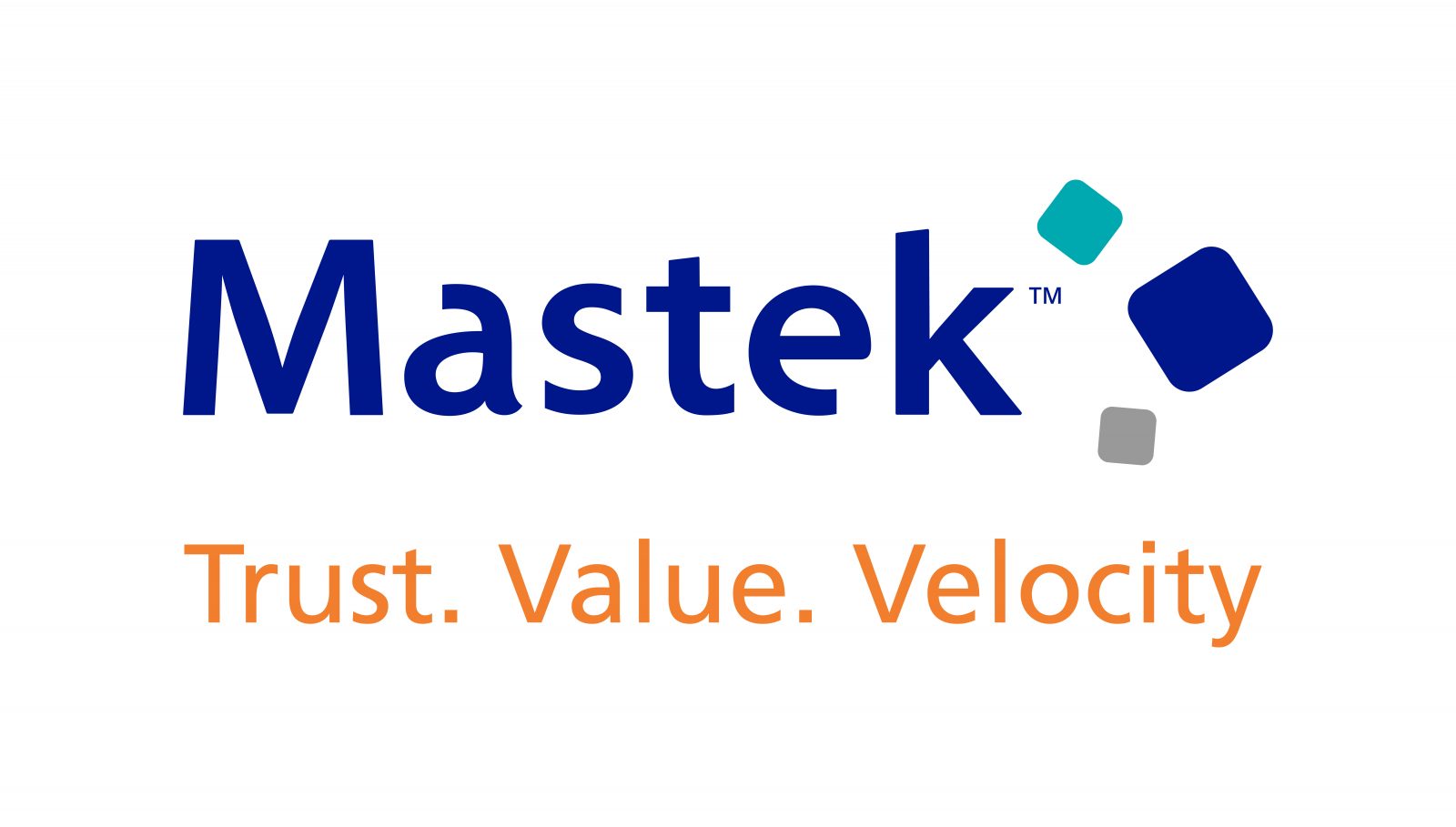Day 1: Wednesday 10 July
Day 1
Day 2Please note that the programme sessions, speakers and timings are subject to change.
Registration and refreshments
08:10 - 09:00
Fringe
Registration and refreshments
08:10 - 09:00
Refreshments and networking in the exhibition hall
Close
President's welcome, Greetings from CIPFA CEO and Chair’s opening remarks
09:00 - 09:30
Speakers and more info
President's welcome, Greetings from CIPFA CEO and Chair’s opening remarks
09:00 - 09:30
Close
Keynote address and panel discussion: Can devolution solve the local government funding crisis?
09:30 - 10:30
Speakers and more info
Keynote address and panel discussion: Can devolution solve the local government funding crisis?
09:30 - 10:30
This session will explore the advantages and challenges of further devolution as a means to solve the long-term funding crisis in local government. How do local governments get the certainty they need over the financial settlement, with the flexibility to make meaningful, agile decisions to benefit the circumstances of their local communities?
Close
Break
10:30 - 11:05
Fringe
Break
10:30 - 11:05
Refreshments and networking in the exhibition hall
Close
Keynote address: 2024 – a year that challenges democracy. How does the public sector respond to a crisis of trust, of increasing demand, global populism and increasing, inter-related shocks?
11:05 - 11:35
Speakers and more info
Keynote address: 2024 – a year that challenges democracy. How does the public sector respond to a crisis of trust, of increasing demand, global populism and increasing, inter-related shocks?
11:05 - 11:35
We are facing an increasing number of global inter-connected shocks to our political and economic systems and all too often it is the public sector that is left to pick up the pieces, delivering more with less, tackling corruption or ‘sleaze’ and dealing with an aging and shrinking workforce that we need to support to build both capacity and capability. This session explores these external trends, and how public sector organisations can keep their eyes on the core function of delivering for their communities in a time of political and economic turmoil.
Close
Building resilience by prioritising preventative investment
11:35 - 12:20
Speakers and more info
Building resilience by prioritising preventative investment
11:35 - 12:20
There are many factors which impact on our health. A healthy society relies on a solid foundation of essential ‘building blocks’ that include housing, employment, education and skills, transport, leisure and recreation, and many more. Ensuring these building blocks are in place is a key part of taking a more ‘upstream’ preventative approach for growth and development for all.
There are an increasing number of voices calling for a re-think on how we shift the emphasis towards prevention. It will demand innovative solutions to consider how we can allocate existing resources more effectively to prevent ill-health. Not only is this good for the health of the population, but also for the stability of the economy, sustainability of our public services and the resilience of our communities. This session will provide some different perspectives on how this challenge could be met.
Close
Lunch Break
12:20 - 13:20
Fringe
Lunch Break
12:20 - 13:20
Lunch and networking in the exhibition hall
Close
Why building a strong diverse workforce matters
13:20 - 14:20
A Profession for Today & Tomorrow
Speakers and more info
Blackpool Rock(s) – towards a brighter future
13:20 - 14:20
Public Trust
Speakers and more info
Boosting Public Sector Productivity: Outcomes-Driven Local Service Delivery
13:20 - 14:20
Public Service Reform
Speakers and more info
Midlands Engine Partnership: Funding the Future
13:20 - 14:20
Place and Planet
Speakers and more info
Why building a strong diverse workforce matters
13:20 - 14:20
Strong and innovative organisations depend on the diversity of the workforce – diversity of thought, of routes to entry, and of backgrounds all provide opportunities to create a robust community of challenge and are proven to deliver improvements. This session explores the perceptions, challenges and successes across the public finance profession, how to build a diverse workforce and why it matters.
Close
Blackpool Rock(s) – towards a brighter future
13:20 - 14:20
Unprecedented volatility in council finances since 2010 with successive years of government cuts, Covid, leaving the EU and the use of outdated funding formulas has all conspired to produce a “perfect storm” for Blackpool Council and its residents.
Labour and supply shortages, pay demands, inflation, rising interest rates and rising residential care costs are just some of the issues.
Hear from the Council team how, despite these challenges, Blackpool is towering above them to fulfil its motto of “Progress”.
To better facilitate the important monitoring and decision making of a town with the complexities of Blackpool the Council has recently implemented a modern SaaS Enterprise Resource Planning solution to automate more processes, speed-up decision making and ultimately drive improvements which will deliver better services and value for local communities.
This is aligned with other transformation and modernisation initiatives to create a thriving economy that supports a happy and healthy community.
It is expected that this session will be “illuminating” for all delegates.
Speakers:
Cath Bagley
Head of Procurement & Exchequer Services, Blackpool Council
Mark Golden
Head of Accountancy (Deputy s151 Officer), Blackpool Council
Adam McKnight
Project Manager, Blackpool Council
Ian Owen
Industry Director, Public Sector, TechnologyOne
Steve Thompson BSc, CPFA, MBA
Director of Resources, Blackpool Council
Close
Boosting Public Sector Productivity: Outcomes-Driven Local Service Delivery
13:20 - 14:20
Seven in ten Britons are pessimistic about the future of public services, especially as local governments face unprecedented financial pressures. In this session, we will explore innovative strategies for local authorities to enhance public service quality within a constrained fiscal environment. A key focus will be on leveraging outcomes-driven approaches, which have positioned the UK as a global leader in pioneering social outcomes partnerships for over a decade.
Join leading voices from government, the investor community and academia as we delve into the UK's extensive experience with outcomes-focused partnerships. We'll discuss how these approaches, including social outcomes partnerships and outcomes funds, can be harnessed at the local level to boost efficiency and improve life outcomes for the most vulnerable individuals in our society. Don't miss this opportunity to gain insights into effective public sector reform and systemic change.
Speakers:
Andreea Anastasiu
Executive Director of the Government Outcomes Lab at the Blavatnik School of Government, University of Oxford
Sarah Cooke
Programme Director, Kirklees Better Outcomes Partnership
Faye Moloney
Commissioning and Service Development Manager Integrated Commissioning Team, Children's Services, Norfolk County Council
Close
Midlands Engine Partnership: Funding the Future
13:20 - 14:20
The Midlands Engine Partnership is an apolitical pan-regional partnership of local authorities, universities and businesses focused on driving inclusive and sustainable growth for the regional economy. The Partnership is a platform for economic, social and environmental change that benefits every single part of the Midlands.
The Partnership is looking to leverage its scale to pursue a flagship financing vehicle to utilise private sector funding from pension funds and insurers to deliver net zero projects in both the private and public sector and, as the programme develops, to support economic development, regeneration, skills and infrastructure projects to grow the region’s economy and improve productivity.
Panellists who are actively driving the effort forwards will share their ambitious goals, challenges and successes in developing a robust response to the region’s economic and environmental challenges. Delegates will gain a unique insight into one of the most ambitious and exciting transformation programmes in the UK.
Close
Property portfolio management and net zero – challenges for the profession of the future
14:30 - 15:30
A Profession for Today & Tomorrow
Speakers and more info
Culture, Climate Change and Corruption
14:30 - 15:30
Public Trust
Speakers and more info
Are you as resilient as you think you are?
14:30 - 15:30
Public Service Reform
Speakers and more info
How to capitalise tangible benefits from an Enterprise Resource Planning Implementation
14:30 - 15:30
Place and Planet
Speakers and more info
Property portfolio management and net zero – challenges for the profession of the future
14:30 - 15:30
Professionals managing estates and capital assets today must balance fiduciary responsibilities and financial opportunities, with sustainability and net zero targets and their responsibilities to the communities they serve.
How should professionals now and in the future manage these challenges and the tensions that arise with them. What lessons can we learn now – and what skills will be needed ensure the profession remains fit for future challenges.
Chairs:
Alex Gee
Senior Consultant, CIPFA
Close
Culture, Climate Change and Corruption
14:30 - 15:30
Climate change is seen as an existential issue, and as a result large amounts of public investment is needed to support much needed changes to global energy, industry, food, transport and building environmental systems. But what happens when special interest is changed into personal interest? For public sector organisations, it’s vital that support for anti-corruption programmes is prioritised now more than ever.
In this panel session we will discuss how it is vital to have strong internal controls, adequate accountability mechanisms as well as suitable training to help reduce the risk of corruption linked to sustainability efforts.
Close
Are you as resilient as you think you are?
14:30 - 15:30
We are all trying to build and maintain resilient and sustainable organisations to support the communities we serve. There are a number of elements that contribute to resilience and sustainability, underpinned by proper risk management and insurance provision. This session will discuss the role of risk and insurance, the consequences of underinvestment and lack of real understanding of risk profiles and the ultimate costs to organisational resilience. In a volatile world undergoing structural change from climate, technology and demographic forces, delegates will be asked to consider whether their risk and insurance architecture make them as resilient as they think they are.
Close
How to capitalise tangible benefits from an Enterprise Resource Planning Implementation
14:30 - 15:30
Join this valuable session to get insights into the benefits of an ERP implementation, the key risks and complexities that ERP implementations are often fraught with. Further, what actual savings are realistic, achievable and proven and which ones are more challenging to unlock. Backed by case studies this session will provide leaders with some insights on the art of the possible.
Given the significant investment in ERP, coupled with ever increasing financial pressure, this session will prepare and arm you with some key points to remember.
Close
Break
15:30 - 16:00
Fringe
Break
15:30 - 16:00
Refreshments and networking in the exhibition hall
Close
How to achieve the maximum value from tech-enabled transformation
16:00 - 17:00
A Profession for Today & Tomorrow
Speakers and more info
Are there any good savings left?
16:00 - 17:00
Public Trust
Speakers and more info
Streamlining Accounts
16:00 - 17:00
Public Service Reform
Speakers and more info
What next for public sector sustainability reporting?
16:00 - 17:00
Place and Planet
Speakers and more info
How to achieve the maximum value from tech-enabled transformation
16:00 - 17:00
The public sector is facing a world of competing concerns: political and funding uncertainty, budget pressures impacting financial sustainability, digital security risks, increasingly complex service demand pressures, staff retention and recruitment difficulties. Many Local Authorities find their existing ERP and Finance applications are approaching end of life and no longer supporting the changing landscape of the organisation.
However, moving to the cloud is a once-in-a-generation project with many inherent risks underscored by the experience of failed projects within the public and private sectors. Careful preparation and the right approach are essential for successful adoption. Embracing new technologies like cloud computing can drive productivity and efficiency, leaving behind those who fail to adapt.
This session will cover Critical Success Factors for preparation and procurement, KPMG Powered Local Government – a fit-for-purpose solution for an "adopt not adapt" approach, Leeds City Council “Journey to the Cloud” story and foundations to deliver Whole Council Transformation.
Close
Are there any good savings left?
16:00 - 17:00
The financial pressures facing the sector have left some authorities “cutting into the bone”, with negative impacts on both residents and the organisations themselves. This may be unavoidable in authorities who are fighting for survival, but are there still more positive alternatives available? How do we get the right ambition behind medium-term financial planning, and build confidence and capability into delivery?
IMPOWER will highlight two client case studies to illustrate positive responses to these challenges. Tameside MBC is actively taking a “good savings” approach and protecting space for ambitious, outcome-based transformation even in a challenging and volatile environment.
Derby City Council will share their story of shaping and leading a positive multi-year transformation programme encompassing better service outcomes and innovation in AI.
Close
Streamlining Accounts
16:00 - 17:00
This session looks at how we ensure the financial reporting burden is proportionate to user’s needs, especially for smaller councils. Effective financial reporting should inform decision making and provide value to users of the accounts allowing them to hold organisations to account. Whatever the cause, the current audit crisis and the prospect of disclaimed accounts will result in a loss of confidence in local authority accounting. It is no coincidence that the authorities most impacted by the backlog are district councils and without longer term reform there can be little confidence that a new backlog will not emerge. If we are to meet the needs of stakeholders we need to take a pragmatic view of how we apply IFRS, taking a proportionate approach that focuses on accountability for public funds and decision making.
Close
What next for public sector sustainability reporting?
16:00 - 17:00
IPSASB is currently developing the first ever public sector specific sustainability reporting standard on climate. This session provides an overview of the new international guidance, and discusses how this will shape developments for UK public sector health, education and local authorities. Hear from standard setters, policy makers and practitioners.
Close
Closing keynote address: The role of sustainability in delivering growth for the public sector and local economies and Chair's closing remarks
17:10 - 18:00
Speakers and more info
Closing keynote address: The role of sustainability in delivering growth for the public sector and local economies and Chair's closing remarks
17:10 - 18:00
Sustainability to protect people, place and planet is not a ‘nice to have’ in our public services. It is crucial to deliver for the future, but it is also a tremendous opportunity for efficiencies and growth for both businesses and the public sector. Particularly if they work together.
Change requires difficult decisions to be made across green finance, green budgeting and innovations which put sustainability at the heart of decision making about public money. Government targets for net zero (that may or may not be ‘long-grassed’), sustainability reporting and stimulus for growth are all issues that public financial management leaders are grappling with. We take the politics out of the practicalities of protecting our communities.
Close
Drinks reception
18:00 - 20:00
Fringe
Drinks reception
18:00 - 20:00
Sponsored by: Camdor
Join CIPFA, delegates and exhibitors for the official Public Finance Live drinks reception
Close







